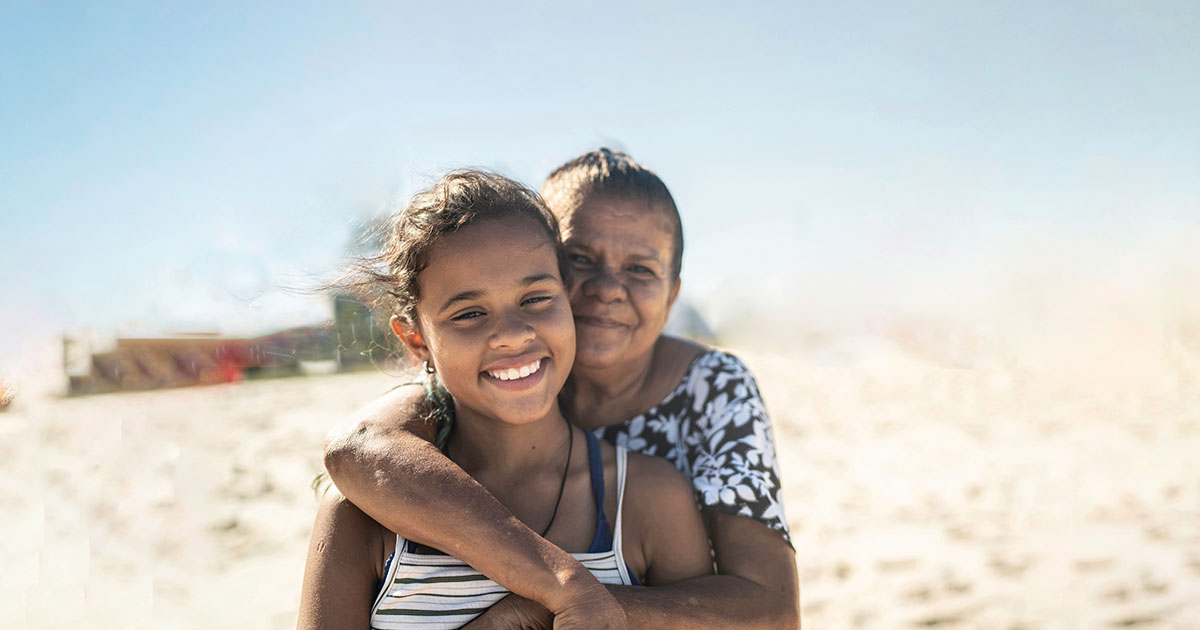It is the job of all of us to help young people find the way
- Details
We know that young people from disadvantaged backgrounds don’t succeed as well as their more advantaged peers in education and employment. Despite what some politicians or media outlets would lead us to believe, I would argue it’s not a lack of motivation or aspiration on the part of the young people that prevents them from achieving.
I believe their attainment, or lack of, is because of the barriers they face. Barriers that still exist despite additional investment and some good initiatives from governments.
For the last 14 years, Mission Australia has conducted an annual Youth Survey – the largest of its kind in Australia. We survey thousands of young people to get an understanding of their concerns, both personally and for the nation.
Our studies show that while they do have motivation, they often lack faith that they can succeed given the barriers facing them. I believe it is the job of all of us - governments, schools, NGOs and industry to help them find the way.
What is needed is a flexible, case management model that supports young people through the education system. And then continues to support them through their early years in work.
Don’t get me wrong, there are some great programs and there has been investment from governments. But it has been fragmented and often short-term. What’s lacking is a coherent, upfront, and most importantly, long-term commitment from government.
Our first goal has to be supporting young people to stay at school, to turn up every day and to finish year 12 or a vocational education equivalent. Because, as we all know, early school leavers have increased difficulty accessing the job market.
South Australia runs a great program - the Innovative Community Action Network (ICAN) including Flexible Learning Options. The providers, a mixture of NGOs and for profit organisation, deliver tailored support to help young people stay connected with their education, and give them a strong foundation to transition into meaningful further education, training and employment.
Research has shown that schools which offer apprenticeships or traineeships for young people from year 10 onwards improve rates of retention. School-based programs offering similar links to VET should be offered more broadly.
However, we are seeing fewer opportunities for traditional apprenticeships as roles in manufacturing decrease. As the job market restructures to a more service-orientated rather than trade-based economy, we need apprenticeships to reflect growth sectors like aged care and childcare.
We should look to international examples of success. Such as the German and Swedish apprenticeship models which partners closely with industry to ensure programs remain relevant to what business requires.
However, underpinning all the options is the need for a nationwide, well-resourced program that will support young people on their journey from education to employment.
Its focus should be on re-engagement and, where necessary, re-motivation. It would work with young people’s families where necessary. Our workers find that often a young person’s home context contributes to employment barriers, particularly where there is evidence of intergenerational unemployment, family violence, substance abuse or caring responsibilities.
A Mission Australia study found that around 50% of young people in jobless families didn’t feel confident in their ability to get a job. We need to change that mindset. A new program of the sort I am proposing would provide disadvantaged young people with more intensive and individualised supports. It would start while the young person is at school, and would continue until they are securely stabilised in a job, perhaps with six month or yearly check-ins after they start where necessary.
It must be flexible and cover a range of industries and environments. It would adopt a case management approach, where specialised workers assess and identify the particular issues faced by each individual, and link them to the specific supports they need – whether that be clinical mental health interventions, counselling, a safe place to live, and specific mentoring throughout the period of their transition.
The Government’s Transitions to Work program will suit some young people and is a welcome addition to the policy framework. Its program design has some case management elements and some flexibility to facilitate tailored responses to each client’s individual needs.
But that program alone is not enough. It must be complemented by a sister program, designed specifically for the cohort of kids that have special support needs.
We also are strong advocates of robust impact measurement. This is the age of big data and we should be excited about the opportunity it presents to better understand what does and doesn’t help people’s lives.
Assessing the potential costs of a lifetime of welfare dependency and then investing upfront in programs will have benefits to people in need and to taxpayers.
This has to be a priority for governments. We simply need more young people living to their potential, in paid employment, contributing as active members of society.

Catherine Yeomans
CEO Mission Australia
@cathyeomans
Related media releases
Read about what we’ve been working on, our stance on important social issues and how you make a difference to vulnerable Australians' lives.



